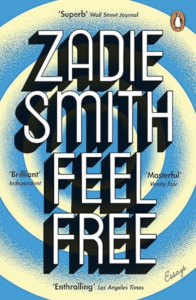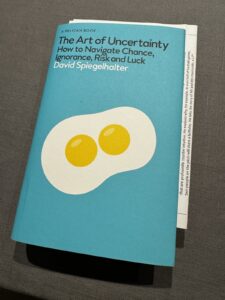Messages for Ludwig

The philosopher Ludwig Wittgenstein is buried in Ascension Churchyard in Cambridge, a lovely peaceful cemetery where my late wife Carol is buried. So I often go there, and when I do I sometimes stop by Wittgenstein’s grave, because visitors often leave mementoes and sometimes messages. As on this day over a decade ago.
Quote of the Day
”Capitalism eats quality and shits quantity.”
- William S. Burroughs
Musical alternative to the morning’s radio news
Mozart | Piano Sonata No. 11 in A major | Olga Jekunova
Thirteen blissful minutes long.
Long Read of the Day
Increasing Returns and the New World of Business
This is a truly seminal essay from the Harvard Business Review of August 1996. Its author, W. Brian Arthur, is a distinguished Stanford economist. (He’s also an Irishman, and a living refutation of JK Galbraith’s snide observation that while my native land might be good at producing great writers, it had never produced a great economist!)
I was thunderstruck when I first read the essay, because it explained in the clearest terms how and why digital capitalism was radically different from what went before — and therefore explained how tech companies would behave.
(Arthur’s book, The Nature of Technology: What It Is and How It Evolves, first published in 2010, is a little masterpiece.)
Nobel winner Geoffrey Hinton is the ‘godfather of AI’. Here’s an offer he shouldn’t refuse…
Yesterday’s Observer column
Way back in 2011 Marc Andreessen, a venture capitalist with aspirations to be a public intellectual, published an essay entitled “Why Software Is Eating the World”, predicting that computer code would take over large swaths of the economy. Thirteen years on, software now seems to be chomping its way through academia as well. This, at any rate, is one possible conclusion to be drawn from the fact that the computer scientist Geoffrey Hinton shares the 2024 Nobel prize in physics with John Hopfield, and that the computer scientist Demis Hassabis shares half of the Nobel prize in chemistry with one of his DeepMind colleagues, John Jumper.
The award to Hassabis and Jumper was, in a way, predictable, for they built a machine – AlphaFold2 – that enables researchers to solve one of the toughest problems in biochemistry: predicting the structure of proteins, the building blocks of biological life. Their machine has been able to predict the structure of virtually all the 200m proteins that researchers have identified. So it’s a big deal – for chemistry.
But Hinton is not a physicist. Indeed, he was once introduced at an academic conference as someone who had “failed at physics, dropped out of psychology and then joined a field with no standards at all: artificial intelligence”…
Books, etc.

I’m reading Richard Evans’s massive new book about Hitler and his entourage and am having trouble putting it down. You’d have thought that we’d know everything there is to know about that sinister crew by now. Well, we — or at least I — didn’t.
There’s a sombre side to it too: In Richard’s account of the way Hitler attracted thugs like a magnet attracts iron filings, there are strange echoes of Trump and his entourage.
My commonplace booklet
That Leaked Schmidt video
The former Google CEO, Eric Schmidt, did a live interview recently at Stanford on the subject of generative AI with (I think) Bryn Joholfssen (?sp) in front of a group of students, and the video mysteriously disappeared from the Web. But now it’s back, and if you are interested in this stuff you’ll find it interesting.
I played host to Schmidt when he came on a four-day visit to Cambridge in 2012 and it’s fascinating to see what he’s like now compared to then. He looks younger. Is that because the video quality is poor? Or…? Hm…
Linkblog
Something I noticed, while drinking from the Internet firehose.
- A remarkable auction of vintage photographs Link in Vienna (and online).
Errata
At one point in last Monday’s ‘Long Read’ I mistakenly referred to Narayanan’s and Kapoor’s fine book AI Snake Oil as ‘Silicon Snake Oil’, which was Clifford Stoll’s equally fine book, published in 1995. Many thanks to Dale Carstensen for spotting the error.
This Blog is also available as an email three days a week. If you think that might suit you better, why not subscribe? One email on Mondays, Wednesdays and Fridays delivered to your inbox at 6am UK time. It’s free, and you can always unsubscribe if you conclude your inbox is full enough already!

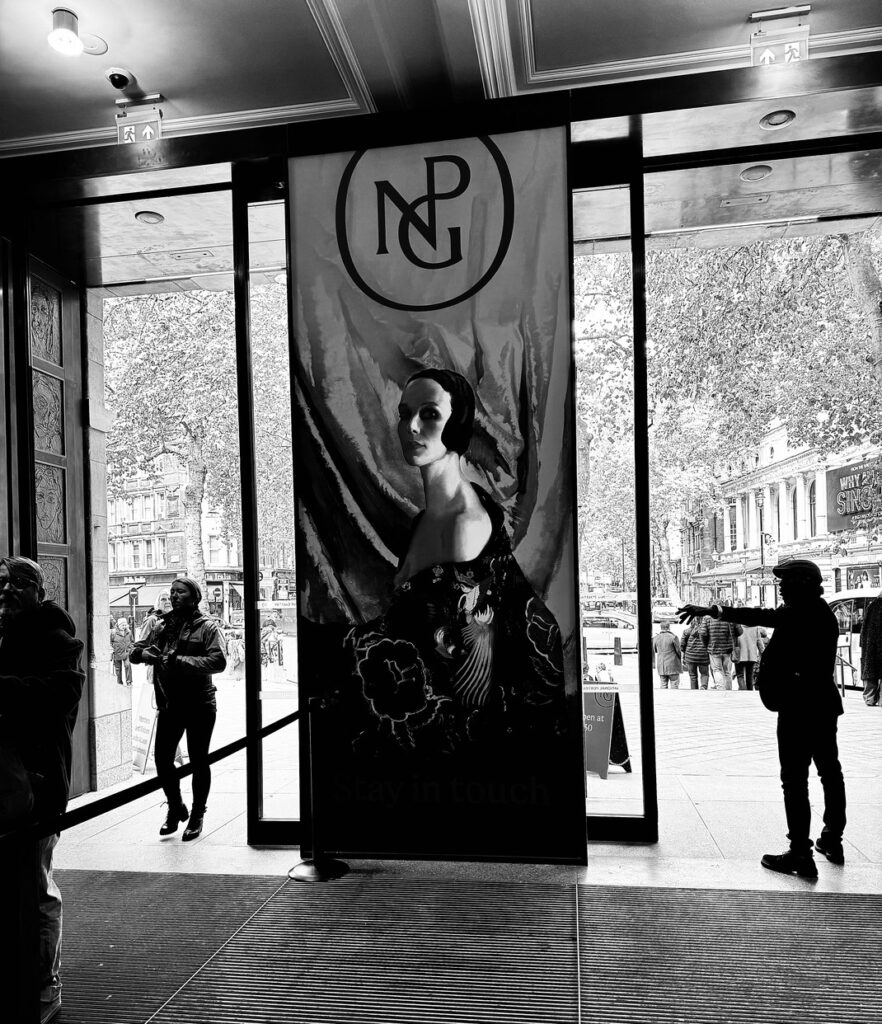


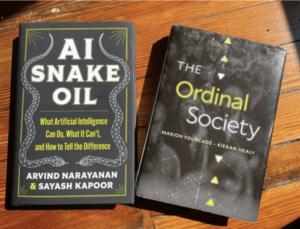
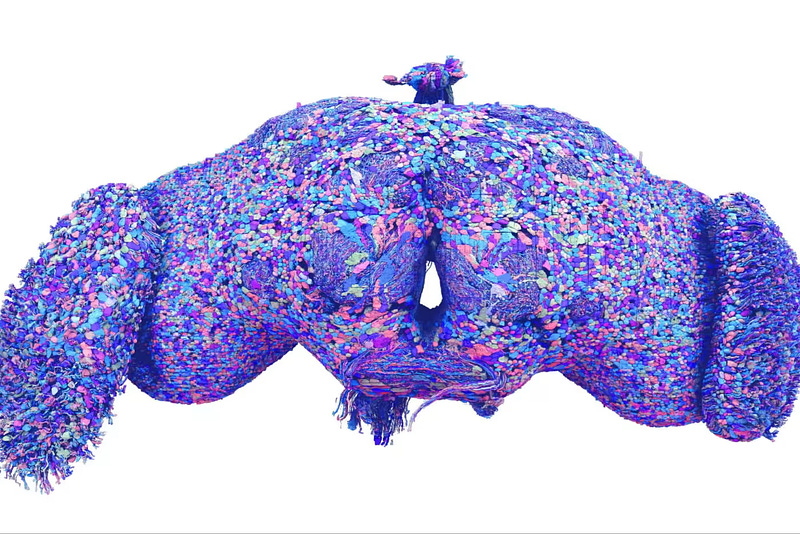

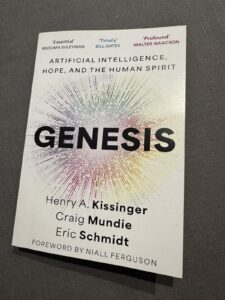



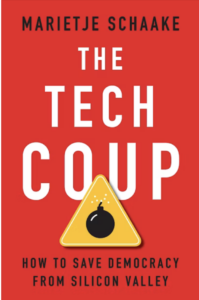


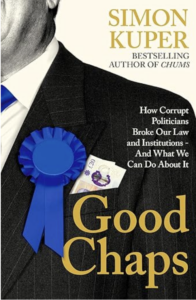 If you still believe that British politics is relatively free from corruption then you clearly don’t read Private Eye or subscribe to Open Democracy and Peter Geoghegan’s journalism. And now there’s Simon Kuper’s
If you still believe that British politics is relatively free from corruption then you clearly don’t read Private Eye or subscribe to Open Democracy and Peter Geoghegan’s journalism. And now there’s Simon Kuper’s 
